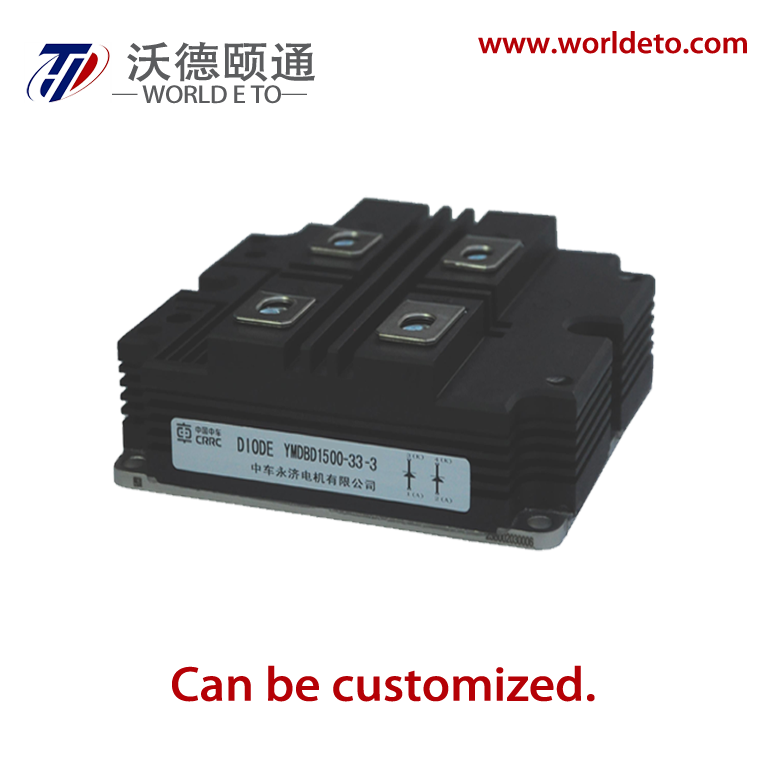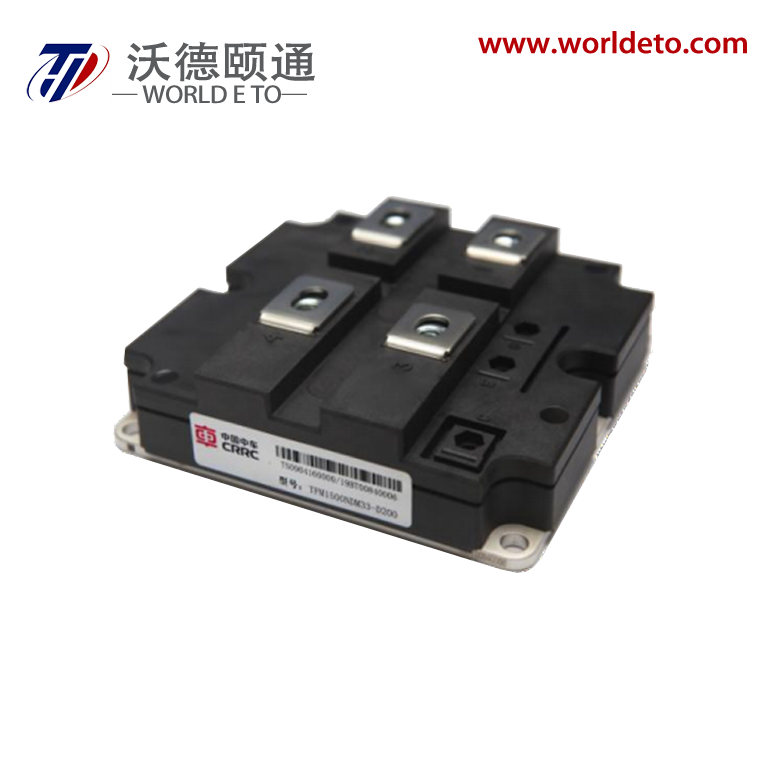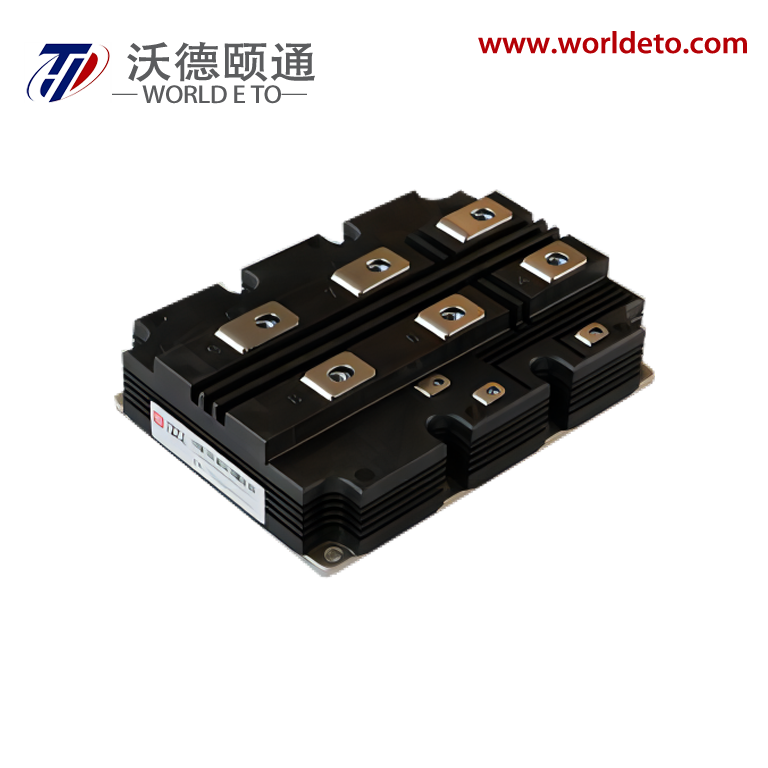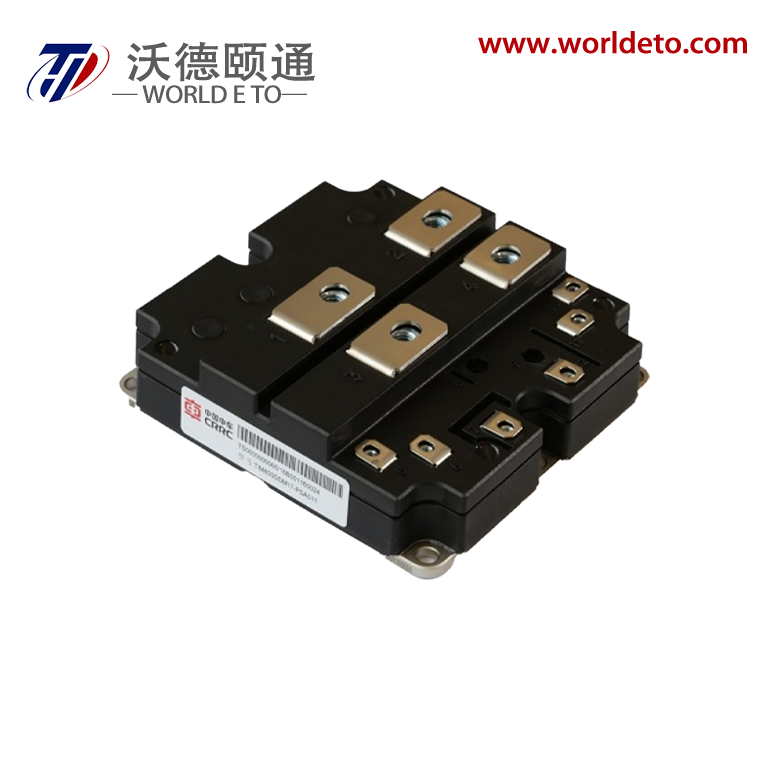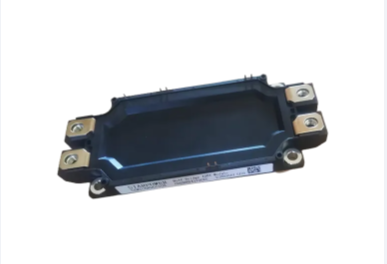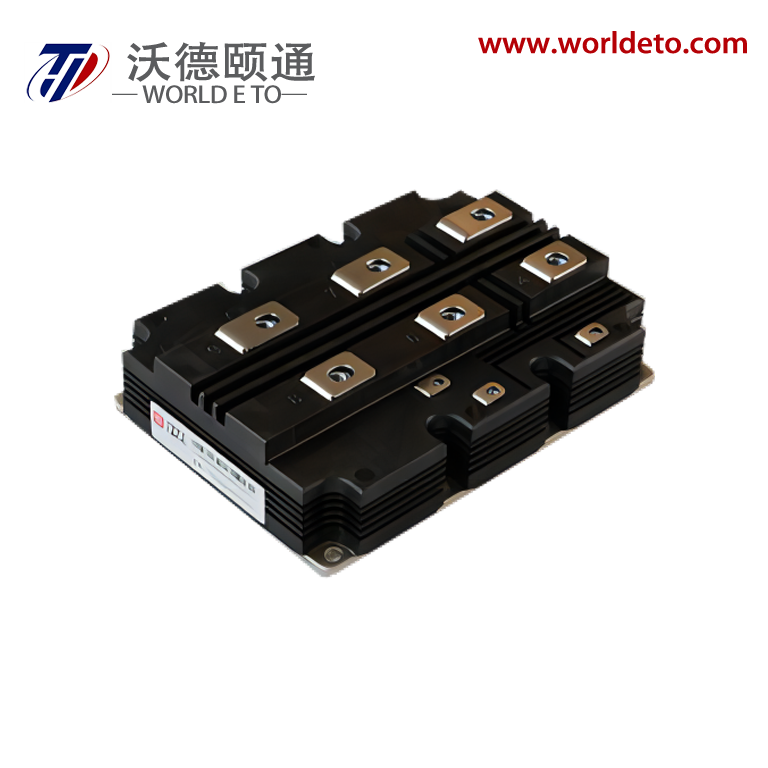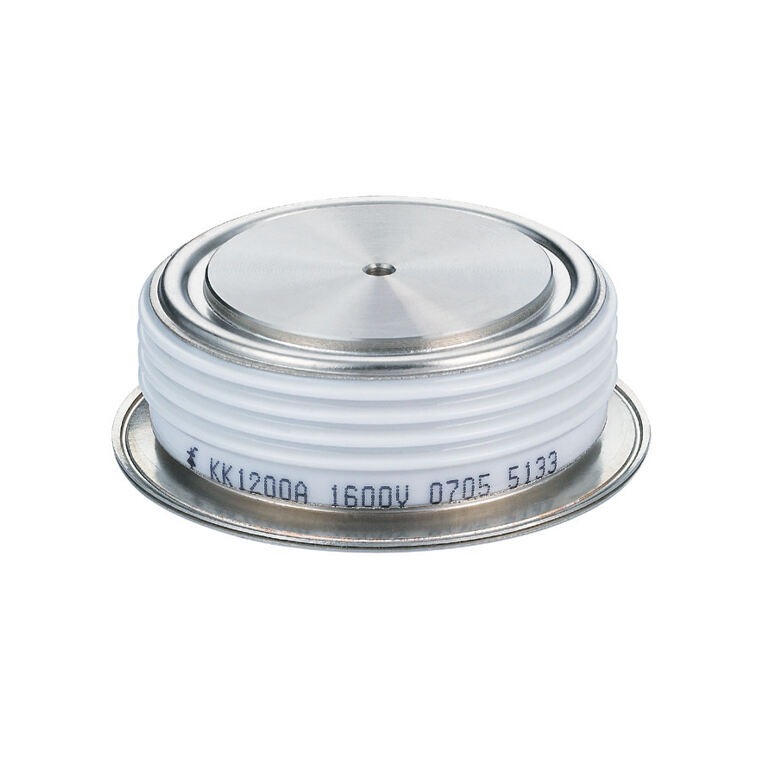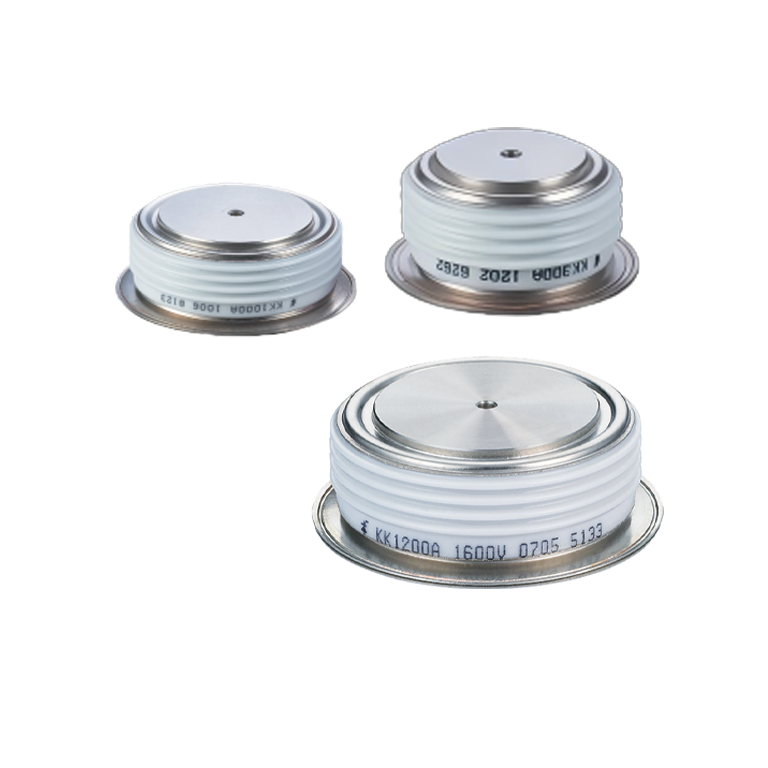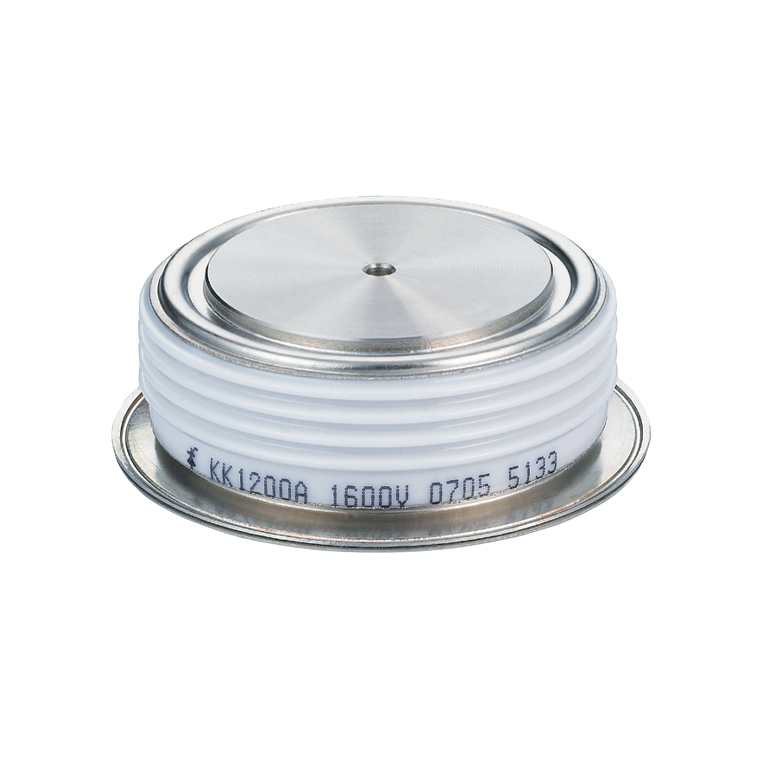frequency converter inverter
A frequency converter inverter is a sophisticated electronic device that transforms fixed frequency and voltage input into variable frequency and voltage output, enabling precise control of electric motor speed and torque. This essential piece of equipment operates by first converting AC power to DC through a rectifier bridge, then using power transistors to create variable frequency AC output through pulse width modulation. Modern frequency converter inverters incorporate advanced microprocessor control systems, offering features like automatic voltage regulation, overload protection, and programmable acceleration/deceleration curves. These devices find extensive applications across various industries, from manufacturing and HVAC systems to renewable energy installations. The technology allows for significant energy savings by matching motor speed to actual load requirements, reducing mechanical stress on equipment, and extending motor life. Key components include power semiconductor devices, control circuits, cooling systems, and user interface panels. The system's ability to provide smooth speed control while maintaining optimal torque characteristics makes it indispensable in precision manufacturing processes, conveyor systems, pumps, and fans. Additionally, these inverters often include built-in diagnostic capabilities and communication protocols for integration with broader automation systems.

